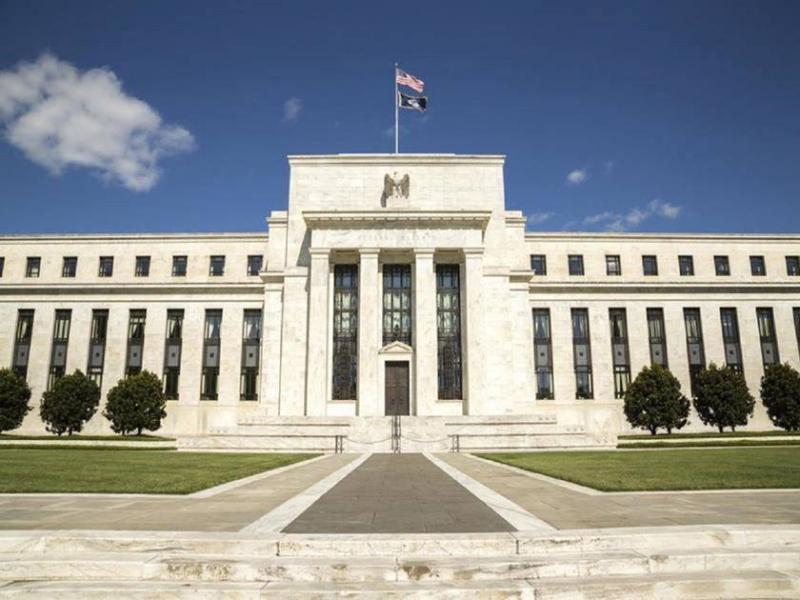Investors are watching closely at the beginning of this week for any signs of an escalating conflict in the Middle East, a situation that could further disrupt markets already anticipating a busy week with a statement from the Federal Reserve regarding monetary policy and Apple’s earnings results. Israeli ground forces and airpower intensified operations in the Gaza Strip on Friday following nearly three weeks since the Palestinian Islamic resistance movement (Hamas) launched an attack on southern Israel.
Fears of the conflict expanding have grown among investors in recent days as the United States has sent additional military equipment to the Middle East at the same time Israel is targeting sites in Gaza and Hamas supporters in Lebanon and Syria. Randy Frederick, managing director of trading and derivatives at Charles Schwab, stated, "The situation in Israel is causing a lot of concern."
Brent crude futures rose 2.9% to $90.48 yesterday at settlement due to worries that the conflict could disrupt crude oil supplies. Gold, considered a safe haven for anxious investors, surged in spot transactions to over $2,000 for the first time since mid-May. Analysts at Capital Economics noted in a report on Friday that the oil market's response to the conflict has been "weak" thus far. They wrote, "However, any signal that other countries in the region will become more involved in the conflict would lead to a sharp rise in oil prices."
Peter Cardillo, chief market economist at Spartan Capital Securities, indicated that if the escalation in the conflict causes an increase in U.S. war-related spending, enlarging the deficit, Treasury yields could exceed their highest levels in 16 years which have already been reached. Some investors also expect that if the conflict widens, there will be an influx into Treasury bonds as a safe haven. This could suppress the rise in bond yields, which move in the opposite direction to prices, potentially alleviating pressure on stocks and other assets.
UBS Global Wealth Management noted in a report on Friday, "So far, U.S. government bonds have not performed their usual function as a safe haven." They added, "However, the escalation of the conflict is likely to shift attention away from monetary policy concerns and boost demand for Treasury bonds as a safe haven." The Federal Reserve is set to release its latest monetary policy statement on Wednesday, while Apple’s quarterly results are expected to highlight another busy week of corporate reporting.




